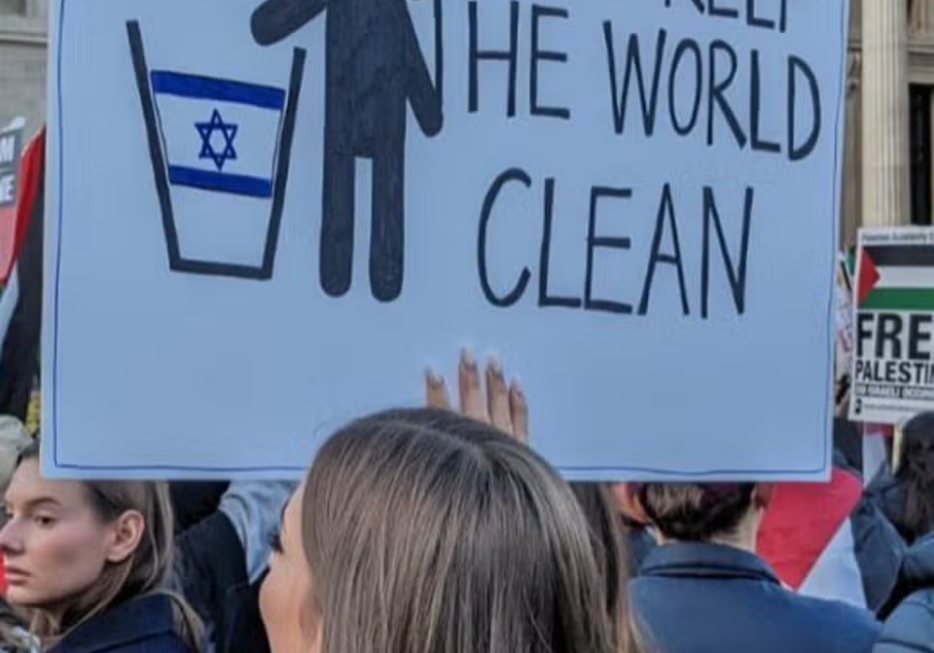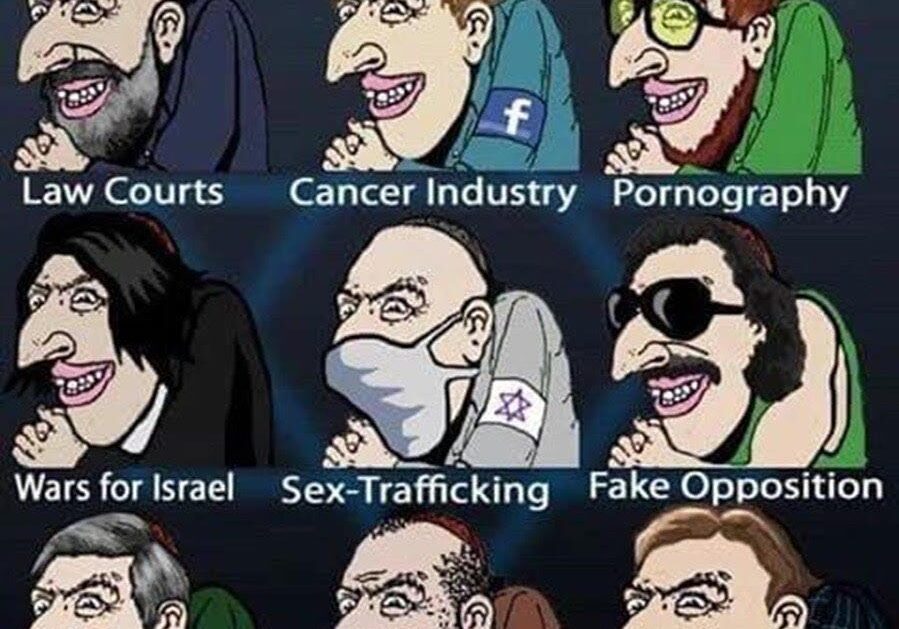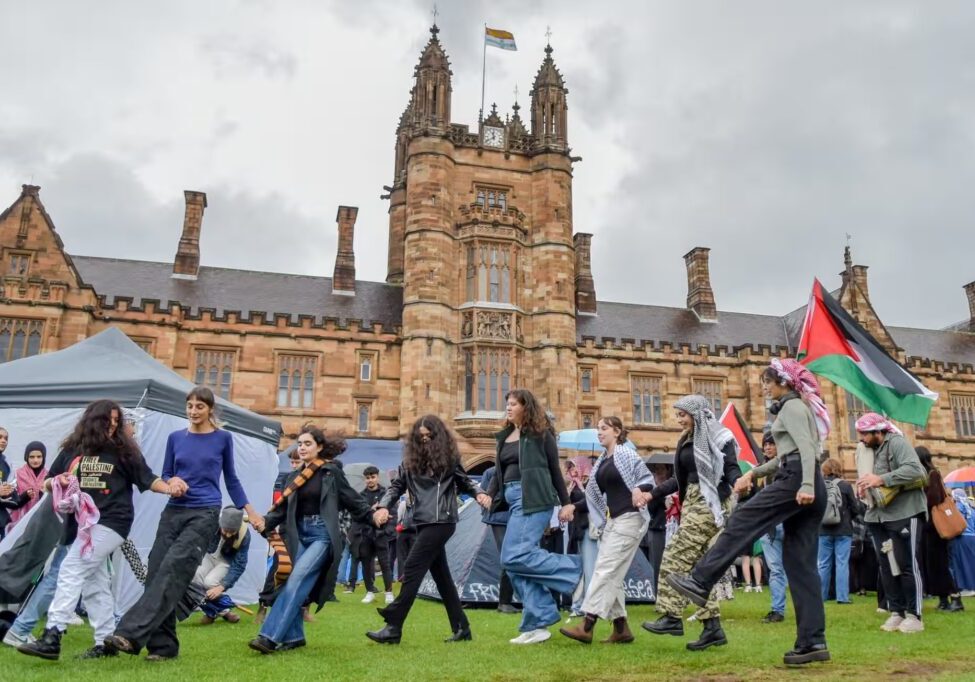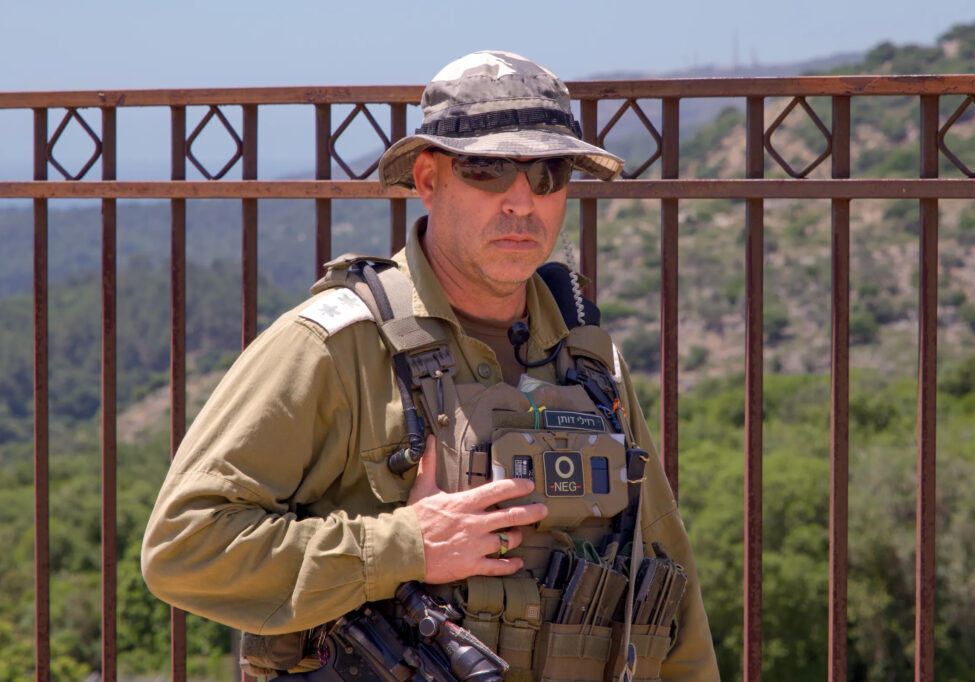Australia/Israel Review
The Truth about Iran’s “Moderates”
Mar 29, 2016 | Reuel Marc Gerecht
Reuel Marc Gerecht
US President Barack Obama and his tireless Secretary of State John Kerry sold the Joint Comprehensive Plan of Action (JCPOA) in part as a means to reinforce Iranian “reformers,” “moderates” and “pragmatists”. They were always quick to add that the atomic accord stood on its own technical merits. Yet the non-nuclear dimension of the deal was no small part of the sugar that made the JCPOA more appealing.
A more temperate Islamic regime, which gave first priority to the well-being of its people, would be less likely to abuse the JCPOA’s weaknesses. And the accord has serious limitations: Within 8 years, the Islamic Republic can start producing advanced centrifuges; within 15 years, clerics will be free to construct as many centrifuges and enrich as much uranium as they wish. The unorthodox inspection regime that the White House agreed to, which at the suspect Parchin facility restricted the International Atomic Energy Agency to remote, robotic sampling, also suggests that the Administration really hopes to see the Islamic Republic moderate over the next decade.
The 2016 Iranian parliamentary elections ought to be viewed as one more sign that the overarching political premise of the deal made no sense. The new parliament voted in at February’s end is composed of – and again the Western nomenclature is far from ideal – radical hardliners, hardliners, conservatives, and a few tepid, nervous reformers. Real reformers, Iranian politicians and intellectuals who want to change radically the governing structure of the Islamic Republic and convert a theocracy into a democracy, were silenced, imprisoned, exiled, murdered, and banned from politics when the pro-democracy Green Movement was stamped out after the fraudulent presidential election in 2009.
What we have left in the Islamic Republic’s theocratically managed democracy, in which parliament has no real power, are regime-loyal laymen and mullahs who are all Islamic revolutionaries but differ, at times strongly, on who should lead the cause and how the country’s economic system should be structured. Anyone who isn’t a member of the please-don’t-let-America-bomb-Iran-stop-the-warmongering-neoconservatives movement and has studied the Islamic Republic knows that when parliament chairman Ali Larijani, a highly intelligent, dissent-crushing, women’s-rights-loathing, Supreme-Leader-loving, former commander of the Revolutionary Guards, allies himself with President Hassan Rouhani and his followers, the latter aren’t seeking to change fundamentally the Islamic Republic. Many Westerners want to believe that Rouhani’s economic preferences, which would reduce the state’s heavy hand in commerce and the Islamic Revolutionary Guard Corps’s monopolising role in industry, will sooner or later lead to greater political and cultural freedom.
It’s a bad bet. We have seen this play before.
Hassan Rouhani and his former mentor, the clerical major-domo Ali Akbar Hashemi-Rafsanjani, liberalised Iran’s economy in the 1990s when Rafsanjani was president. Rafsanjani eased up a bit on cultural expression and didn’t blow a gasket when middle-class and affluent Iranian women started to add a bit of colour to their clothing and push back the scarves covering their hair. Rafsanjani made a personal pitch to successful Iranian expatriates to come home and invest. Rafsanjani and his aide-de-camp Rouhani especially tried to attract European money to Iran. As Rouhani put it in 1994, “Because of the fierce competition between Europe and the United States, we must expand our relations with Europe and counter America’s conspiracy.” The two clerics tried-and failed-to check the growing economic and political power of the Revolutionary Guards.
However, Rafsanjani could come down brutally on those who politically or culturally pushed the envelope too far. Many intellectuals, at home and abroad, were assassinated during Rafsanjani’s presidency by officers and agents of the ministry of intelligence. Rafsanjani and Rouhani, who’d been the driving forces behind that ministry’s creation, were unquestionably culpable for this terrorism, as they were also undoubtedly “in” on the attack at Khobar Towers in Saudi Arabia in 1996, which left 19 Americans dead and 372 wounded. Some Iranian students believed that Mohammad Khatami, a complicated cleric who sincerely wrestled with the collision of Western and Islamic ideas, would usher in an age of reform after he succeeded Rafsanjani in 1997; Rouhani’s deeply felt antipathy toward them exploded during the 1999 student protests. Rouhani, then secretary of the Supreme National Security Council, gave a firebreathing speech threatening the students with death.
Clerics do change. There are many Iranian mullahs who were once die-hard believers in theocracy and the Islamic Revolution who have grown disenchanted. Most of them have been harassed, some even tortured and exiled for their growing doubts. There is, however, no evidence to suggest that Hassan Rouhani or the vast majority of his supporters who won parliamentary seats in Teheran are what we might call discreet evolutionary mullahs and laymen. There is no reason to believe that the Iranian president has even a smidgen of the reflection and self-doubt that Mikhail Gorbachev did when he attempted to save communism through glasnost.
Foreign policy analysts and grand strategists don’t have to be slaves to history, but they can’t ignore them and gainsay the obvious. Mutatis mutandis, Rouhani is the same man he was in 1999. That he might look better than he did then is only because the Iranian political system has moved so far “right” since the halcyon days of the “Islamic Left” in the 1990s, when reformist clerics and laymen tried peacefully and democratically to introduce change into Iranian society and politics.
Regardless of what happens inside Iran, President Obama and his supporters will continue to embrace the JCPOA. They will never accept the argument that a nuclear agreement that enhances the power of Islamic revolutionaries is so politically counterproductive as to negate the logic of the deal itself. The truth: Since the second Iraq war became politically unpalatable, the vast majority of progressives haven’t cared that much about what happens inside the Islamic Republic, whether hardliners rise and moderates fall. What really matters is that the United States isn’t going to war over the Iranian nuclear issue. As long as that is true, Rouhani is a moderate. The Iranian people just need to be patient. The arc of history is on their side. Crony capitalism will eventually set them free.
Reuel Marc Gerecht is a senior fellow at the Foundation for Defence of Democracies. © Weekly Standard, reprinted by permission, all rights reserved.
This article is featured in this month’s Australia/Israel Review, which can be downloaded as a free App: see here for more details.
Tags: Iran






